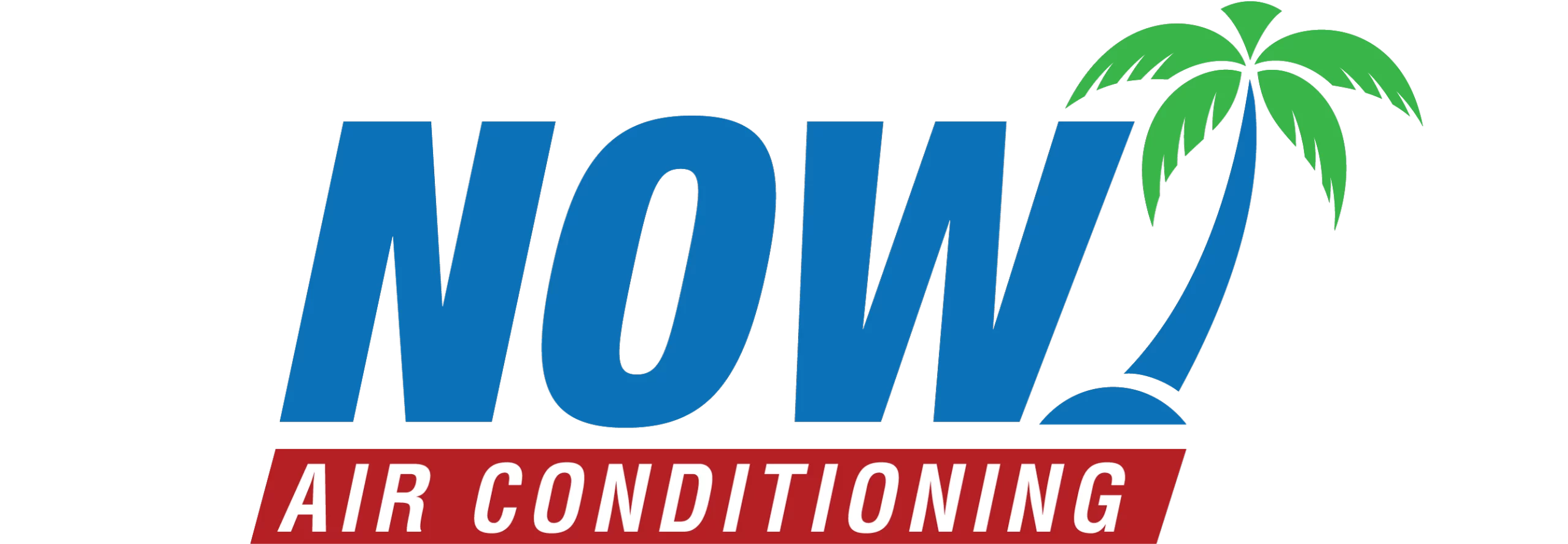5 Reasons Why Your Air Conditioner is Outside
 Imagine stepping into a cool oasis on a sweltering summer day. That’s the magic of air conditioners. But have you ever been curious why your air conditioner is outside your home? After all, other large appliances such as furnaces and water heaters are usually found indoors.
Imagine stepping into a cool oasis on a sweltering summer day. That’s the magic of air conditioners. But have you ever been curious why your air conditioner is outside your home? After all, other large appliances such as furnaces and water heaters are usually found indoors.
An air conditioner, similar to a refrigerator, doesn’t actually generate cool air. Instead, it acts as a heat pump, transferring heat from inside your home to the outside, leaving you feeling comfortable. This two-part process involves the indoor unit (evaporator coil) and the outdoor unit (condenser unit).
The indoor unit absorbs heat from the air circulating through it. This heated refrigerant is then pumped outside to the condenser unit, where the real work begins. But why isn’t the entire system contained indoors?
The condenser unit’s primary function is to expel the heat absorbed from inside your home. It accomplishes this by radiating heat through coils and transferring it to the outside air using a fan. If the condenser unit were located indoors, it would simply be dumping that heat back into your living space, defeating the entire purpose of air conditioning!
This problem could likely be overcome with some modern engineering. However, there are four more (and very important) reasons why your air conditioner is outside.
More Reasons Your Air Conditioner is Outside
You might be wondering why air conditioner units are so big, even in homes with relatively moderate square footage. The size of an AC unit is crucial to ensure it can adequately cool your entire home. An undersized unit would constantly run but struggle to maintain the desired temperature, leading to inefficiency and increased energy costs. Conversely, an oversized unit might cool your home too quickly, leading to short cycling (rapid on-and-off cycles) that can reduce efficiency and lifespan.
Maintaining tranquility
The condenser unit’s fan can generate significant noise. Having it outdoors keeps noise pollution away from your living space, contributing to a calmer and more comfortable environment. You can relax and enjoy the peace and quiet of your home, even during the hottest days.
Optimizing space
Condenser units can be quite large and bulky, often resembling metal boxes with fins. Installing them outdoors frees up valuable indoor space for furniture, storage, or even a fun indoor leisure activity area. This can be particularly beneficial in homes with limited square footage.
Enhancing efficiency
Outdoor air is generally cooler than indoor air. This temperature difference allows the condenser unit to transfer heat more efficiently, improving the overall effectiveness of your AC system. By having access to cooler outdoor air, the unit doesn’t have to work as hard to expel heat, resulting in lower energy consumption and potentially lower electricity bills.
Air Conditioners Need Adequate Clearance
Just like any other machine, air conditioners need proper airflow to function effectively. The condenser unit relies on the fan to draw in cool air, remove heat from the refrigerant, and then expel the hot air. If the unit is too close to walls, fences, or other obstructions, airflow can become restricted. This can lead to several issues:

To ensure optimal performance and longevity, it’s crucial to maintain proper clearance around your outdoor unit as recommended by the manufacturer and local building codes. This typically involves leaving at least 2-3 feet of clearance on all sides of the unit and keeping the area free of debris, plants, and other obstructions.
Understanding why your air conditioner is outside will give you a leg up in ensuring your DIY maintenance schedule is keeping your unit at peak performance. In southern Florida, having a smoothly running and efficient AC is an absolute necessity. Now Air Conditioning offers an affordable HVAC subscription service that provides you with priority emergency service, no dispatch fees, complementary annual inspection and tune-up, as well as exclusive discounts on parts, labor and more.

